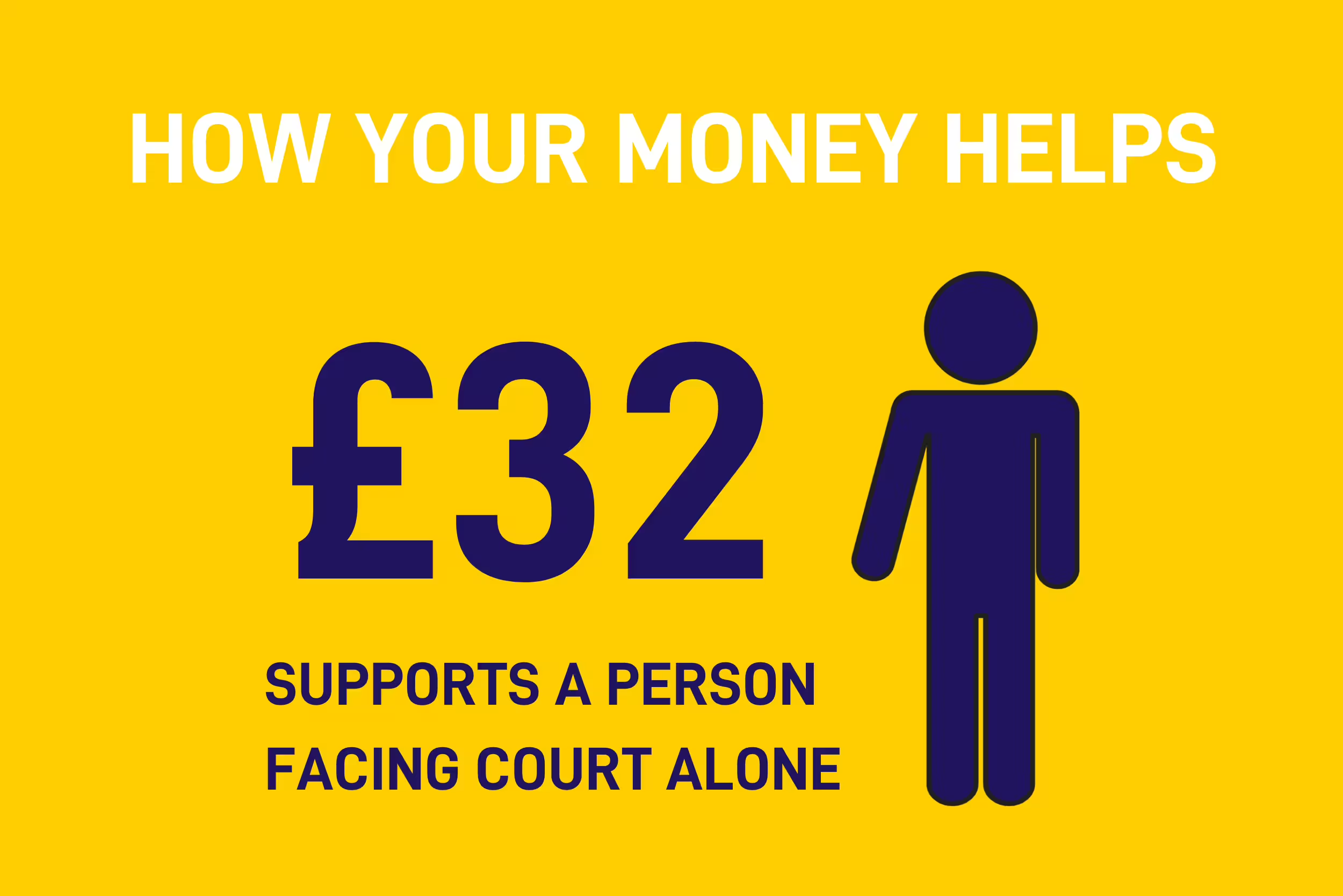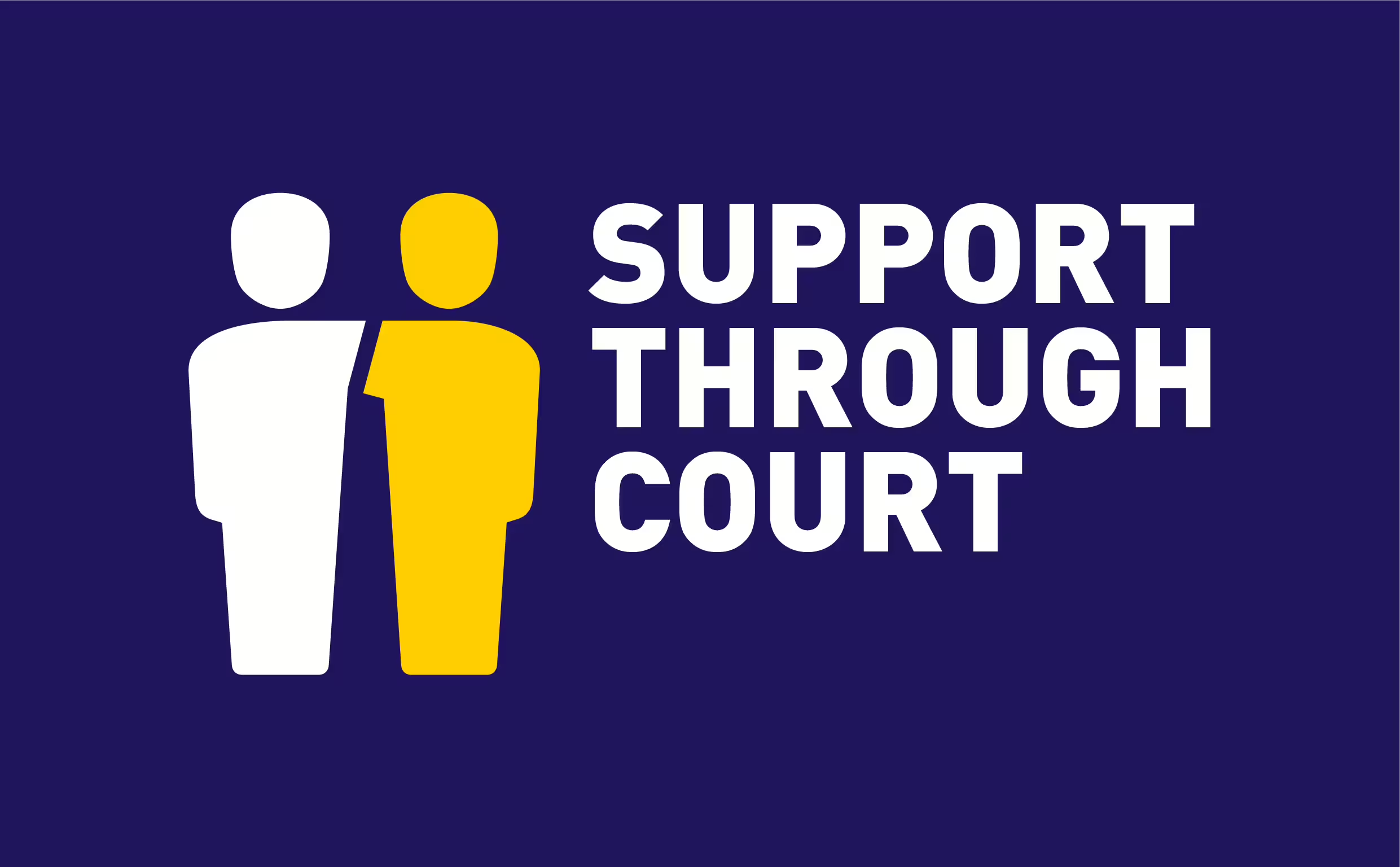The recent House of Commons Justice Committee report on the County Court has shone a spotlight on the pressing issues facing the system in England and Wales.
Published in July, this comprehensive assessment describes the County Court as the “Cinderella service” of the justice system, struggling under the weight of delays and inefficiencies that have become deeply entrenched.
With over a million claims processed annually, the County Court serves as the primary gateway through which most citizens and businesses encounter the justice system. In 2024, the average time between a small claim being issued and reaching trial stretched to 50.7 weeks – nearly a full year of waiting for resolution. Applying the historic legal dictum “justice delayed is justice denied”, the report determines that it now “epitomises the issues facing the Count Court”.
Over half a century ago in a report the observation that procedures were “too abstruse and complicated for individuals to represent themselves effectively”’ echoes still today. The language used in court applications continues to be inaccessible, and court procedures often go unexplained, leaving litigants struggling to navigate an increasingly complex system.
This complexity is particularly problematic given the notable increase in litigants in person – individuals representing themselves without legal counsel.
“Given the notable increase in litigants-in-person, we also raise concerns over the accessibility of the County Court’s complex and comprehensive procedural rules. Our evidence cites this as a recurring driver of increased delays, and we recommend the Ministry of Justice (MoJ) publishes guidance that uses clear and simple language to inform and assist claimants throughout their claim journey.”
Our Manchester Service Manager, Becky Newman, provided written evidence to the Committee that highlighted these very challenges. Her submission emphasised how the accessibility crisis in County Courts creates a recurring cycle of increased delays, particularly affecting the growing number of litigants in person.
The Committee’s assessment is that the situation in the County Court is “dire and requires urgent attention.” The cumulative effect of delays, complex procedures, and inadequate guidance creates significant obstacles to accessing justice. Recognising the severity of these issues, the Justice Committee has recommended a comprehensive, root-and-branch review of the County Court system. This review would aim to establish a sustainable plan for reducing systemic delays and inefficiencies that have plagued the system for decades.
The support we provide to clients becomes particularly crucial in this environment. Our experience with the County Court system, combined with our understanding of the challenges highlighted in the Justice Committee report, enables us to offer practical, effective assistance.
“I was totally in the dark about what was going to happen, and without the charity’s support I think I still would be totally in the dark. I got a lot of confidence once I gained clarity on what I was going to say.”
– Support Through Court client, London
Not only do we support individuals, we also make a difference to the courts and to court staff. Neil Wylie, a District Judge shared with us:
“Besides that sort of emotional support, the hand holding, which is plainly very important in putting people at ease, there’s also practical support, particularly for people with poor literacy skills, because the reality is that, more so perhaps in the civil courts than in the family courts, there is a requirement that things be reduced to writing if people are going to participate in certain forms of proceedings anyway. A lot of people struggle with that. When Support Through Court are able to sit down with somebody and help them to put something in writing, even better if it’s typed up rather than the sort of spider’s crawl that we’re used to seeing in handwritten documents, then that is absolutely invaluable for a judge because having something like that before a case starts gives you such a head start in understanding what the issues in the case are, and again it’s enabling people to participate in the proceedings on a level playing field when often they’re up against organisations with huge resources.”
While the Justice Committee’s report paints a challenging picture, it also represents an important step toward reform. In the meantime, it acts as a reminder of why we do what we do to ensure a fairer society for all. The challenges litigants in person face motivate us in our mission to provide effective services and outstanding support both face-to-face and digitally. It’s thanks to our kind supporters that we’re able to keep providing a listening ear and assisting those confused by a complex system but who have nowhere else to turn.
You can read the Justice Committee’s full report here:
You can read Becky’s written evidence here:
You can make a difference
Wondering how you can help people facing court alone? Learn more about the different ways you can help people forced to go through court without representation.
Make a donation

Opening hours, address and contact information for all of our locations.
Donate now
Want to hear from us?
Please take a minute to sign up to our mailing lists so you won’t miss out on hearing from us in the future.





